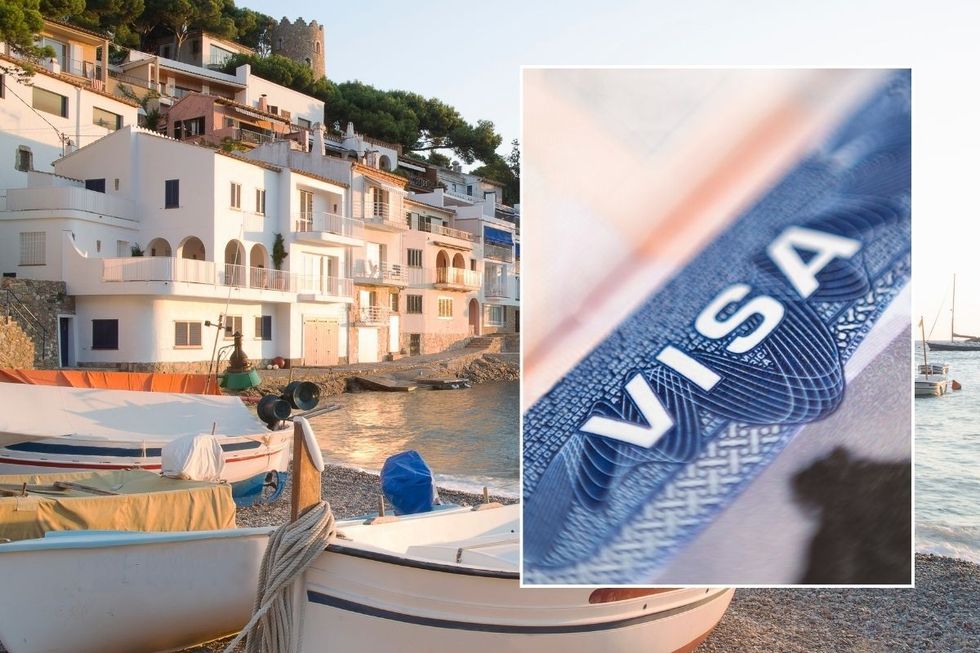The new Entry-Exit system will come into force this year
GETTY
UK nationals living in Spain should prepare for the new Entry-Exit system due to come into force this autumn
Don't Miss
Most Read
Trending on GB News
Britons have been urged to complete an essential administrative task to prove their exemption from the new Entry-Exit system (EES) before it comes into force.
The new system will require non-EU visitors to register via an automated system at borders when entering the country for a short stay.
As a result, British authorities are urging expats to acquire their TIE cards before the new rules are implemented.
Hugh Elliott, British ambassador to Spain, said: "It's really important that any British person who lives in Spain gets the TIE as soon as possible, not only because it is the more durable and dependable way to prove your rights in Spain, but also to avoid disrupt at the border when the EU's Entry-Exit system comes into force."

The TIE card proves an expat's right to live in Spain
GETTY
According to the Immigration Advice Service, the TIE card is an identification document that proves your legal status as a foreign national in Spain.
"[It] is issued to foreign nationals that have authorisation to stay in Spain for more than six months," explains the service.
The Foreign, Commonwealth and Development Office advises: "To be exempt from registering with the EU's Entry-Exit System (due to start in Autumn 2024) British residents in the EU will be required to show a uniform-format biometric card which is listed as a resident document under the Withdrawal Agreement.
"For residents of Spain, that card is the TIE. The EES will be introduced by the EU in Autumn 2024.
"It will require third-country nationals, including UK nationals, visiting the EU to create a digital record and provide their biometric data (fingerprints and facial image) at the border when they enter the EU's Schengen Zone.
"It is expected that Green Certificate holders may face significant delays and difficulties at borders if they do not have a TIE."
The new Entry-Exit System (EES) and European Travel Information and Authorisation System (ETIAS) are automated systems that will control the data of non-EU citizens crossing the Schengen area’s external borders.
Sara Rodriguez, travel expert and founder of Madrid Traveling, outlined what the bureaucratic changes will mean for tourists visiting France and Spain.
She told GB News: “The new ETIAS authorisation system going into effect in 2024 will impact British travellers heading to Spain and France.
“The process of applying for ETIAS online is simple and similar to the ESTA system used for US visits. It’s a small administrative task.
LATEST DEVELOPMENTS

The new Entry-Exit system will come into force this year
GETTY“In terms of potential delays, the introduction of biometric checks is what likely causes most concerns. From my experience of crossing borders extensively within Europe, any changes initially cause longer waits that improve quickly once officials and travellers adjust.
“A little patience may be needed that first year but it shouldn’t deter travel.”
To best prepare for the update, Rodriguez recommends applying for the ETIAS authorisation as soon as trip details are confirmed.
Staying informed about the latest policies will prevent last-minute problems as disruptions are likely to occur.








